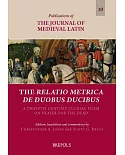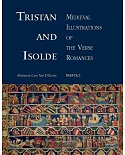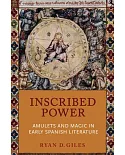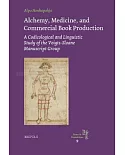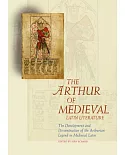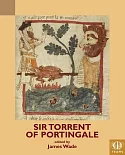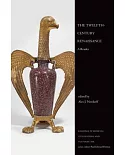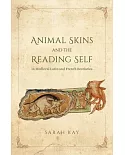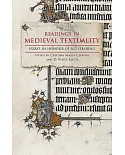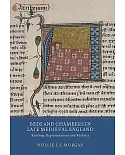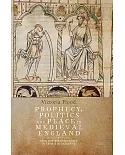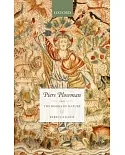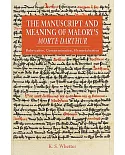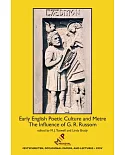This book traces the strangely intertwined histories of the Middle Ages and the Orient as they are represented in histories of literature, architecture, and language, revealing an identity
crisis in the idea of a purely Western Civilization. The definition of medieval culture, especially literature and architecture, from its earliest formulation in the Renaissance through to
the twentieth century, has been a site of a contest over the idea of the West, and by definition, that which is non-Western. Early humanists claimed that medieval culture, including Gothic
architecture and medieval romance, was largely the result of foreign, particularly Eastern, influence. Seventeenth- and eighteenth-century antiquarians sought the Phoenician origins of
Britain, linking ancient civilizations to the Druids. Victorian World's Fairs often included medieval installations adjoining the pavilions of their newly conquered colonies. By connecting
these associations between the British Middle Ages and the Orient, Medievalism and Orientalism traces a striking pattern in which "the past is a foreign country" and uncovers a terrible
anxiety about origins and purity in Western culture.



